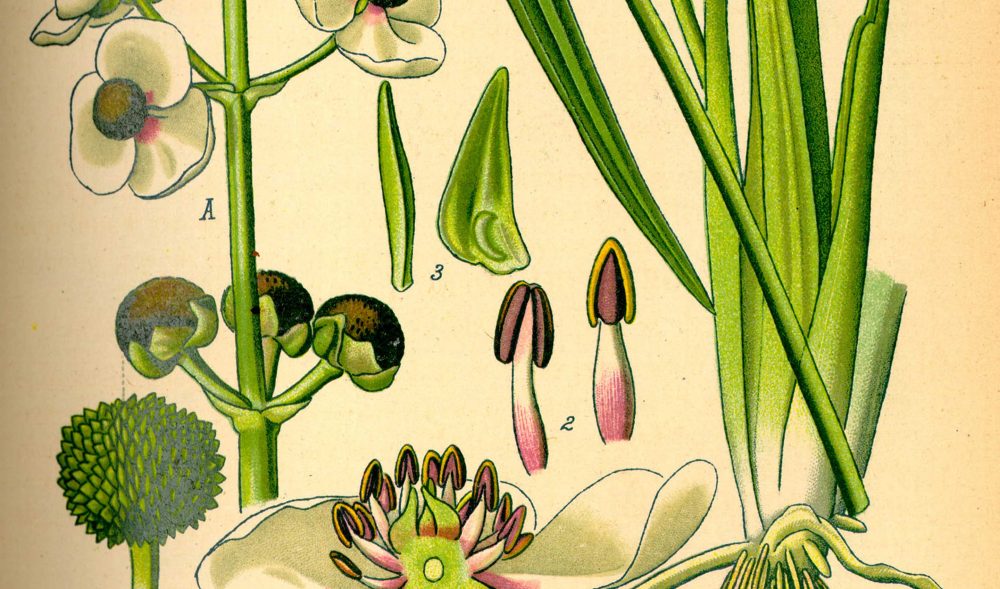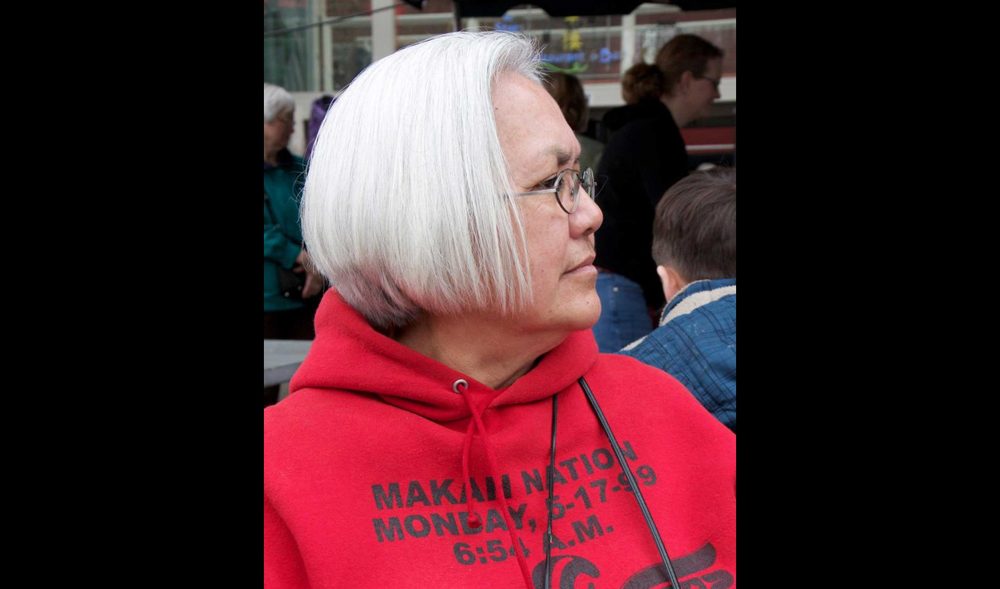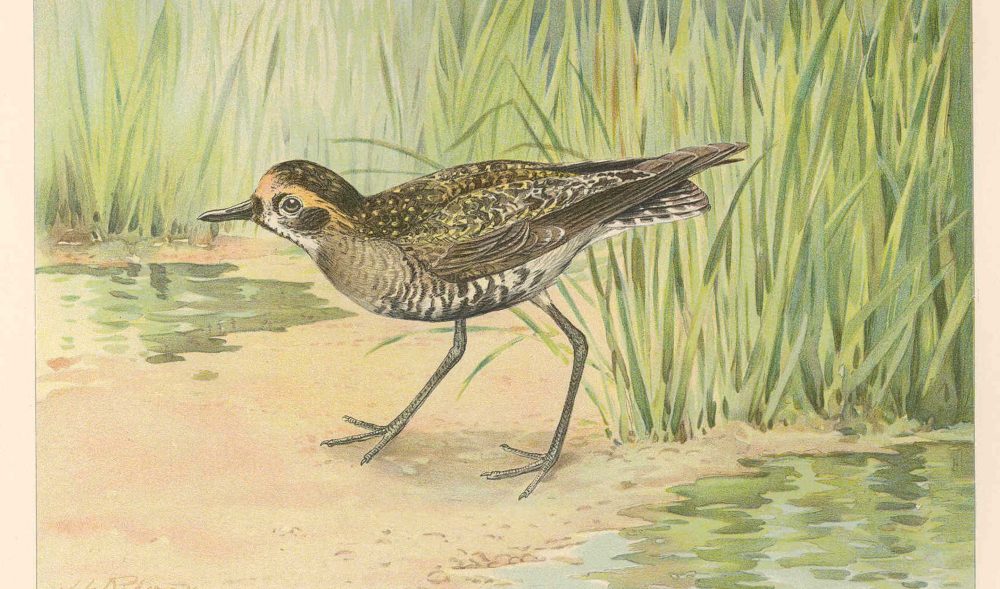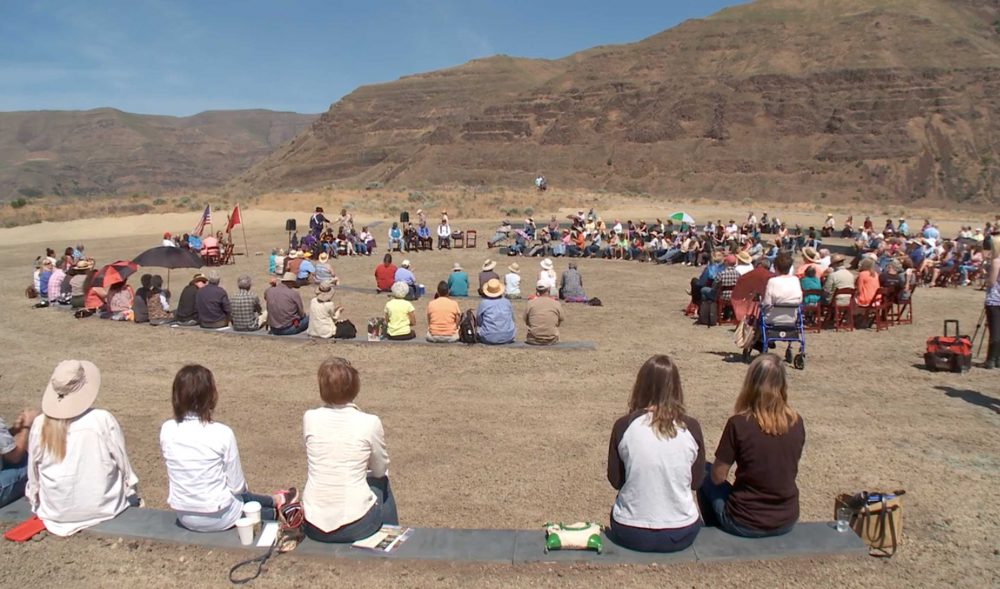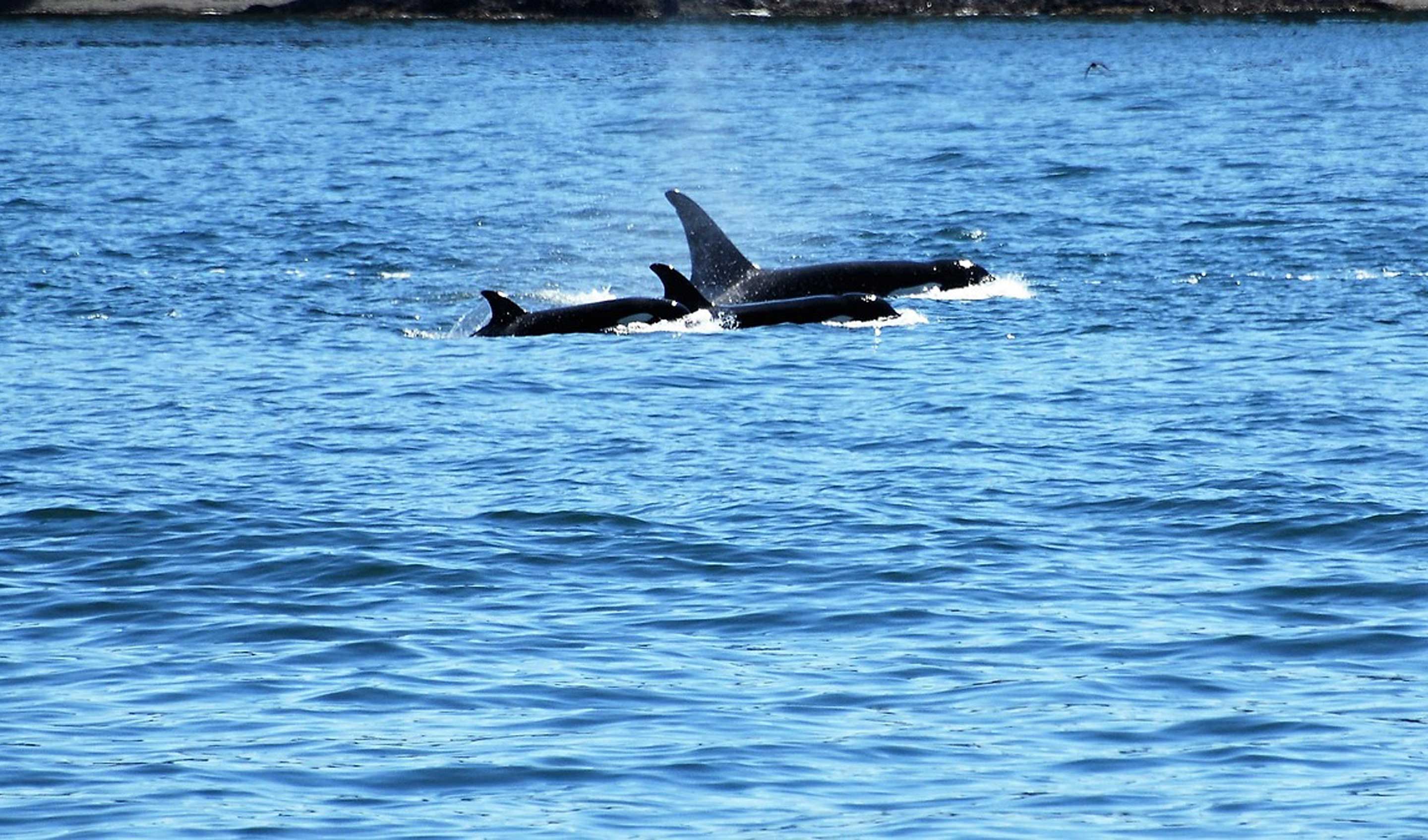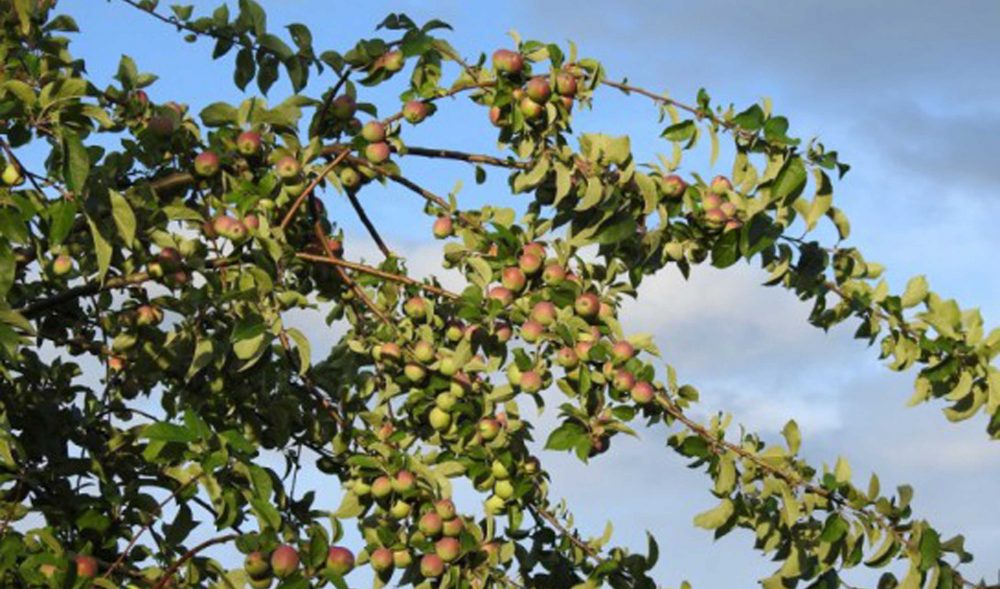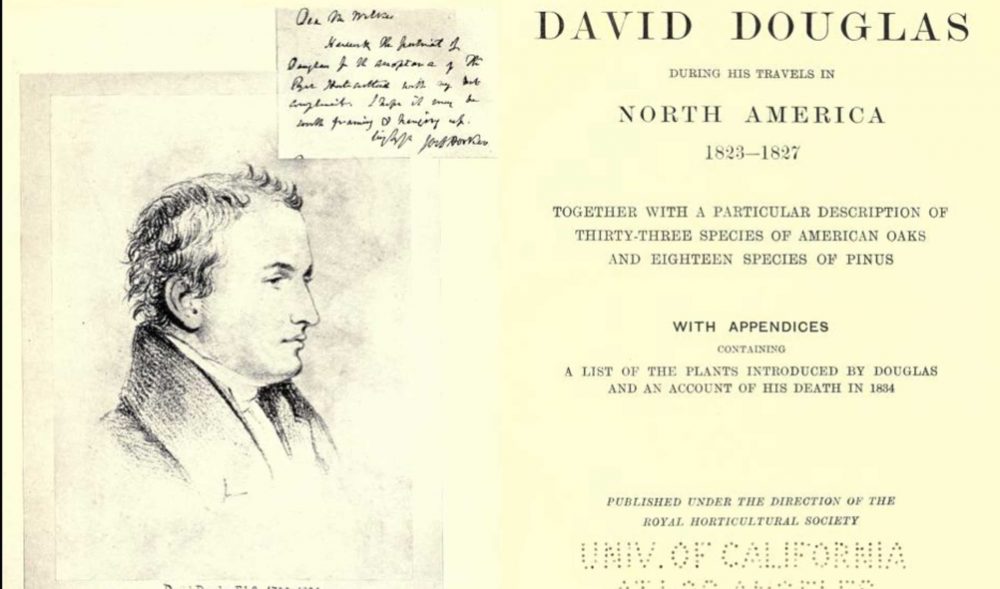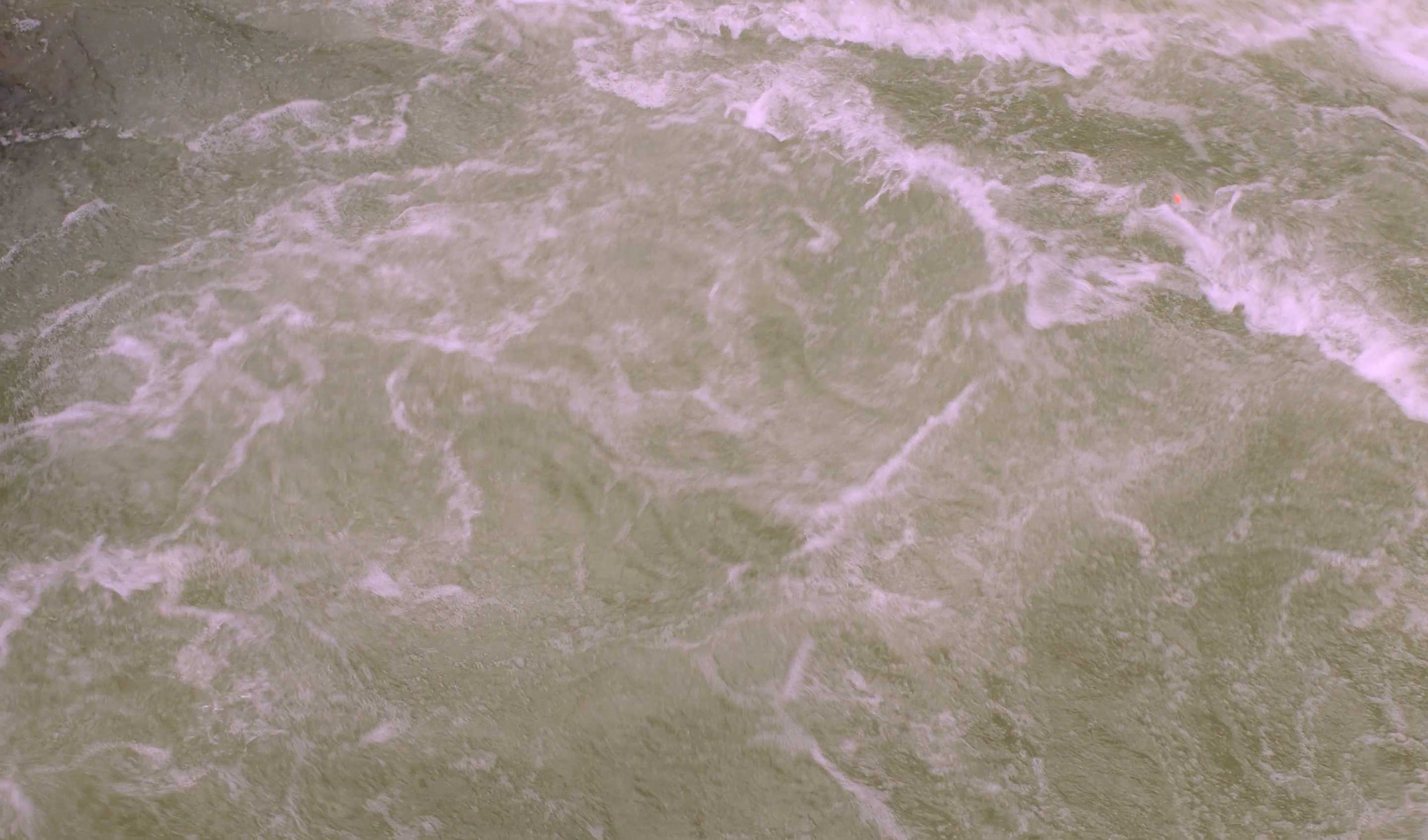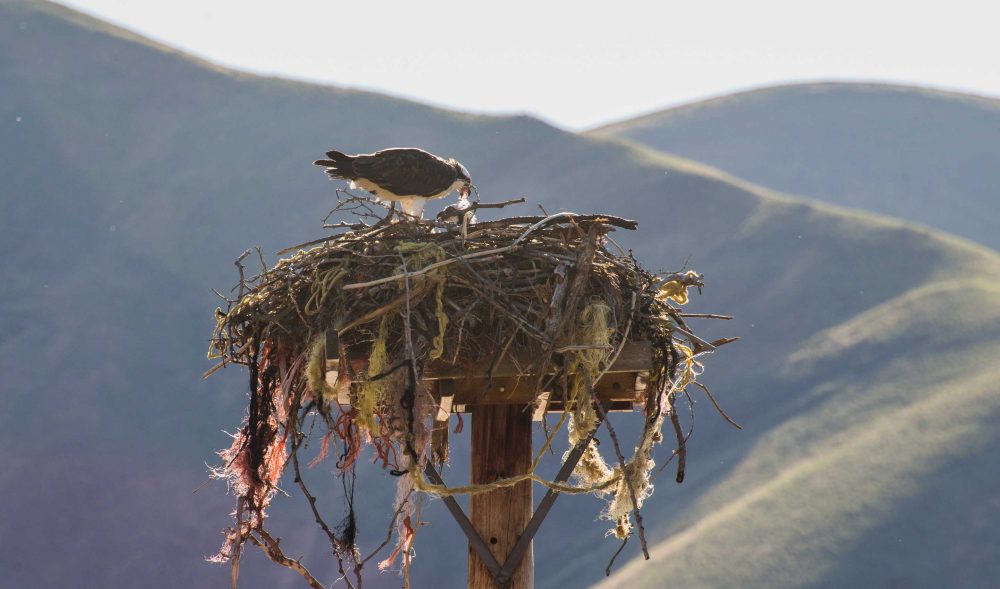Confluence Library
Wapato are a wetland tuber which were a part of Native diet. Though consumption of wapato ceased after land cultivation by white farmers, wapato are being reintroduced to the Yakama diet. Notes on cooking and edibility.
In this Confluence Podcast, Carol Craig relates her experiences during the historic 1999 Makah whale hunt, of working with the Yakama Fish Commission, and the peoples’ grief over the loss of Celilo.
Cape Disappointment, at the mouth of the Columbia River on the Pacific Ocean, hides a bay full of plants, animals, and birds, as well as visitors. Here, Waikiki Beach is the only safely swimmable coast in Washington.
On May 29, 2015, more than 200 people gathered at Chief Timothy Park, nine miles west of Clarkston, Washington, to dedicate the Confluence Listening Circl
On October 17th, Confluence held a talk with Washington State Representative Debra Lekanoff (Tlingit), Klickitat Tribal Elder Wilbur Slockish, and James Holt, (Nez Perce) the Executive Director of the Buffalo Field Campaign on orcas, salmon, and the Columbia River.
The introduction of apple trees and other orchard fruits to the Northwest was very popular with both Native and white populations. Often overlooked, Native women played a major role in cultivating the first orchards.
Botanist David Douglas spent two years traveling the West, surveying plants and animals from Fort Vancouver to Canada, the Rocky Mountains, and Santa Barbara. He advised the Hudson’s Bay Company on planting practices.
Salmon have always kept their word. Year after year since time immemorial, these anadromous fish have returned to their home tributaries to spawn and give their lives for future generations.
Chief Timothy Park, in Washington, is on an island off the Snake River. Chief Timothy Park is close to Lower Granite Dam, which has a fish ladder. The park is home to a Confluence “Listening Circle” amphitheater.

